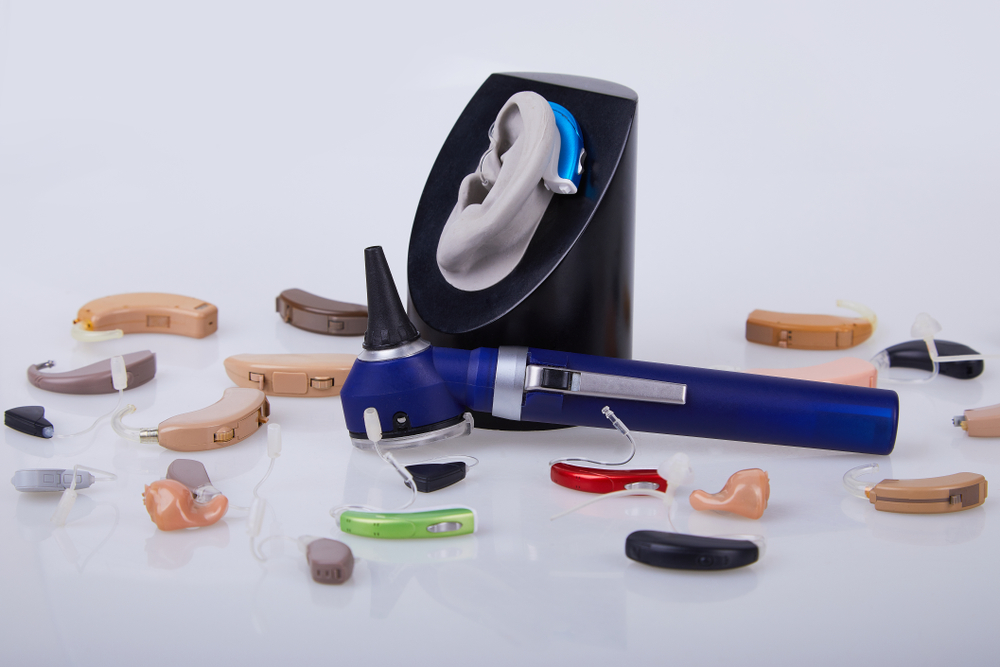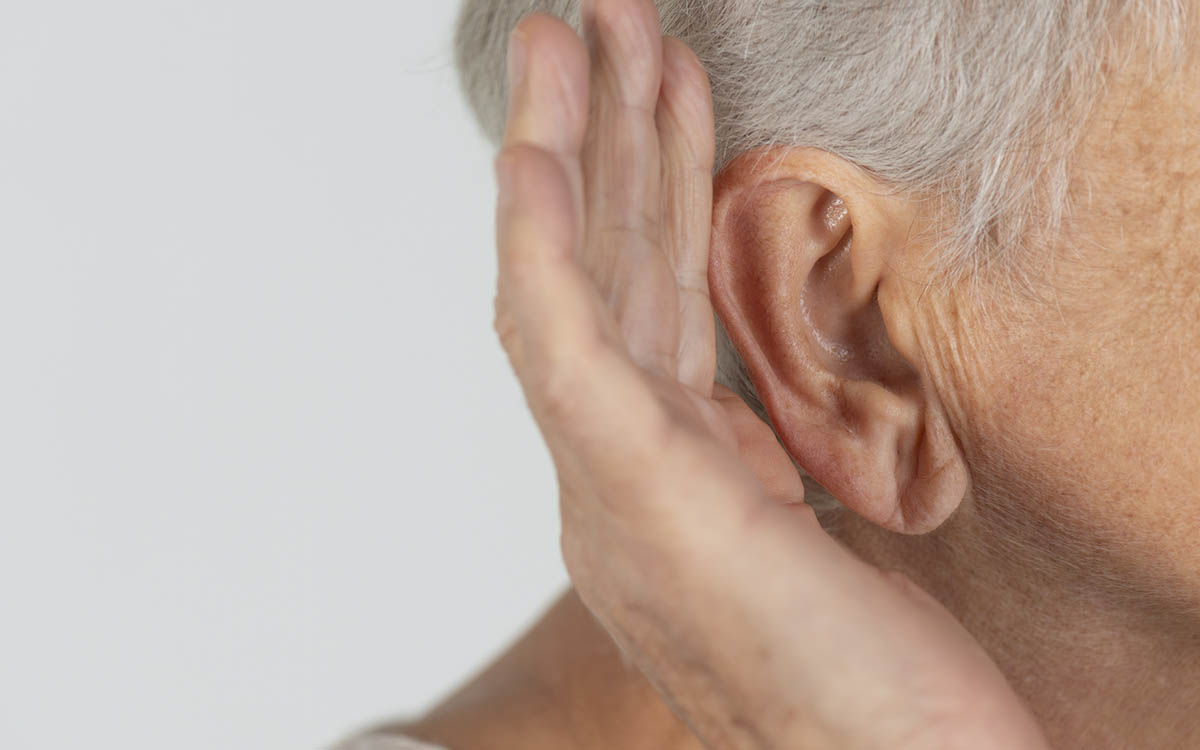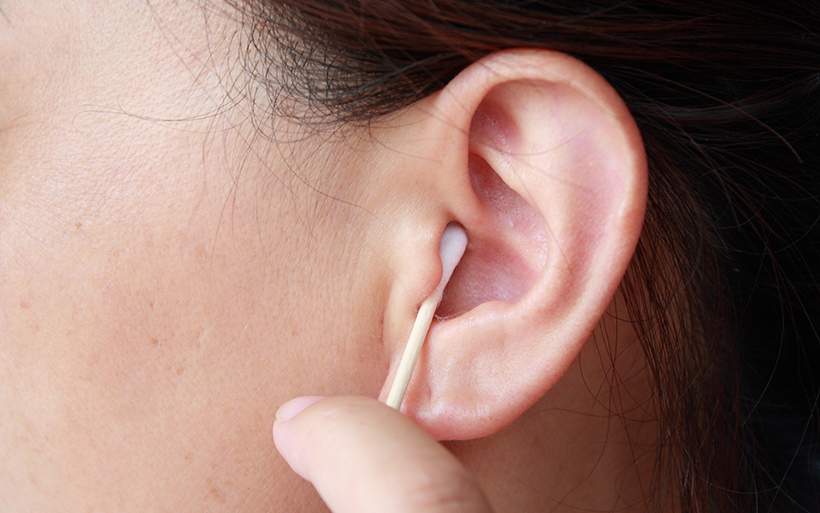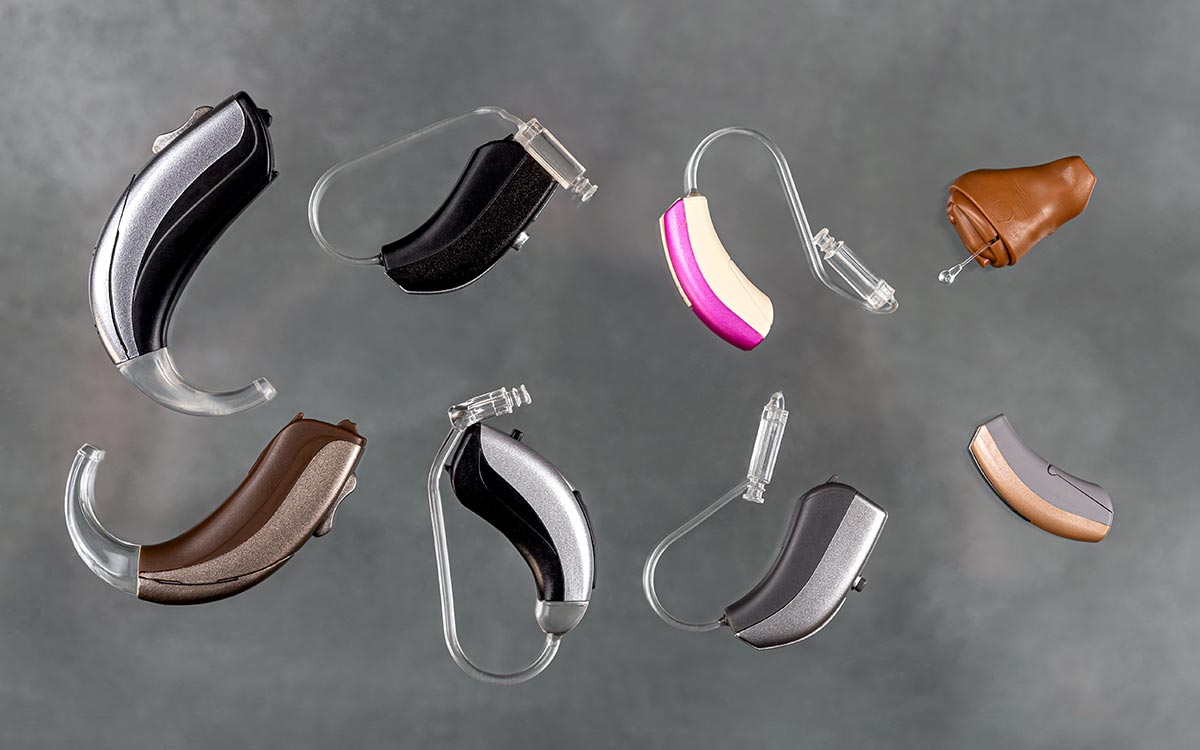
The Benefits of Bluetooth Hearing Aids for a Connected Life
The world runs on connection — to people, to information, and to sound. For people managing hearing loss, staying engaged can be difficult if they rely on older technology that fail to offer high-definition audio. Bluetooth hearing aids are changing that. By pairing cutting-edge wireless tech with ease of use, they offer an intuitive method









